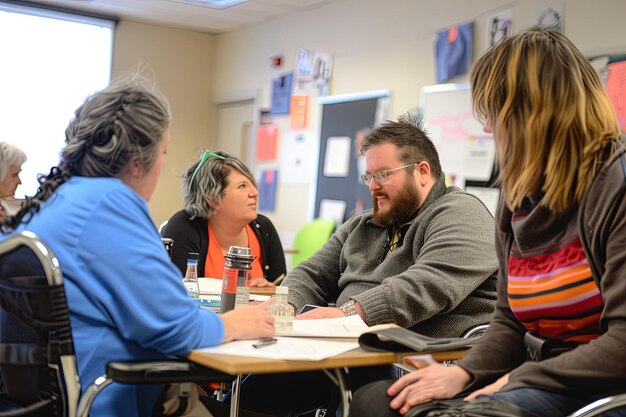How to Become a Social Worker in Illinois: Essential Degrees and Licenses
Embarking on a career as a social worker in Illinois is both a rewarding and impactful journey, and it begins with the right educational foundation and professional credentials. To practice as a social worker in the state, obtaining a Bachelor of Social Work (BSW) is a crucial first step. This degree provides an entry-level preparation that covers foundational social work theories and practices. However, to expand your career opportunities and undertake clinical roles, a Master of Social Work (MSW) is typically required. An MSW program offers specialized tracks and clinical training that sharpen your skills in specific areas, from mental health to child welfare. Both levels of study are often accompanied by field work components, furnishing practical experience that is indispensable in real-world settings.
In addition to these degrees, aspiring social workers must obtain the appropriate licenses to practice legally in Illinois. The Licensed Social Worker (LSW) credential is aimed at those with a BSW, while more advanced roles necessitate the Licensed Clinical Social Worker (LCSW) credential, which requires an MSW and substantial supervised clinical experience. Earning these licenses not only meets regulatory requirements but also demonstrates a commitment to professional standards and lifelong learning. Whether you're drawn to working with children, families, or communities, formal education and licensure are essential stepping stones on your path to making a difference.
Key Degrees, Certificates, and Licenses for Illinois Social Workers
- 🎓 Bachelor of Social Work (BSW)
- 🎓 Master of Social Work (MSW)
- 📜 Licensed Social Worker (LSW)
- 📜 Licensed Clinical Social Worker (LCSW)

Related Topics
- Becoming A Psychologist
- Becoming A Psychologist
- Becoming Counseling Psychologist
- Criminal Psychologist Timeline
- Become LCSW
- Licensed Counselor Timeline
- Neuropsychologist Timeline
- Become A Psychologist
- School Psychologist Timeline
- Sports Psychologist Timeline
- Become Clinical Psychologist
- Become LCSW
- LCSW Timeline
- Social Worker Timeline
- Become A Psychologist